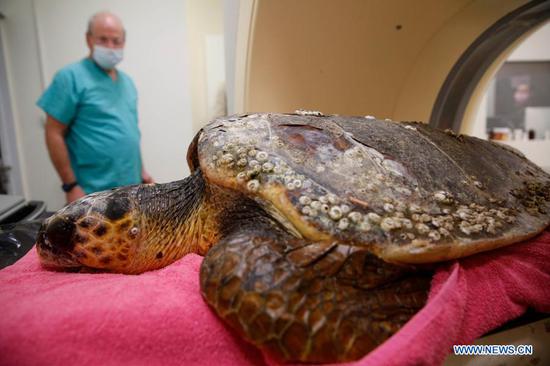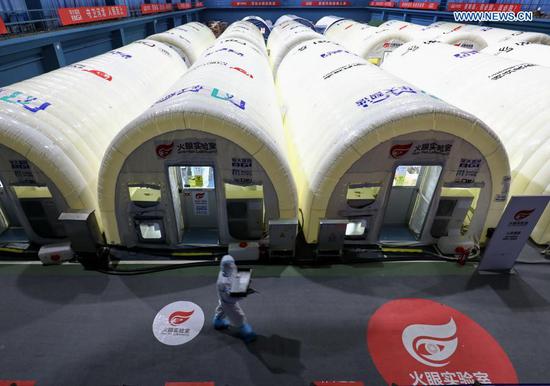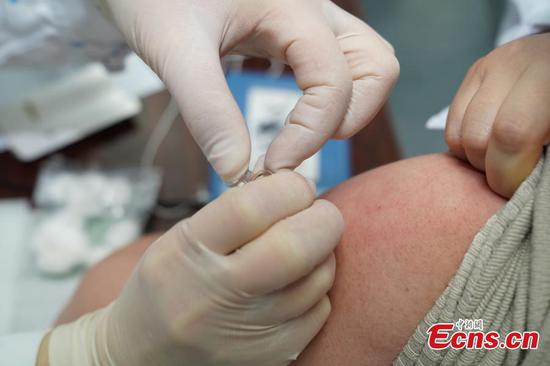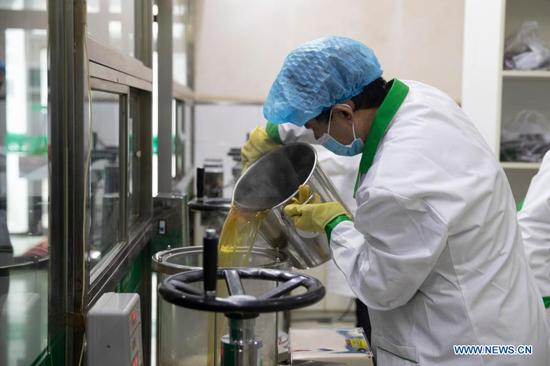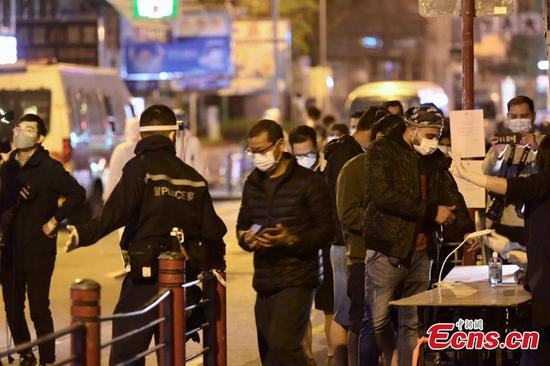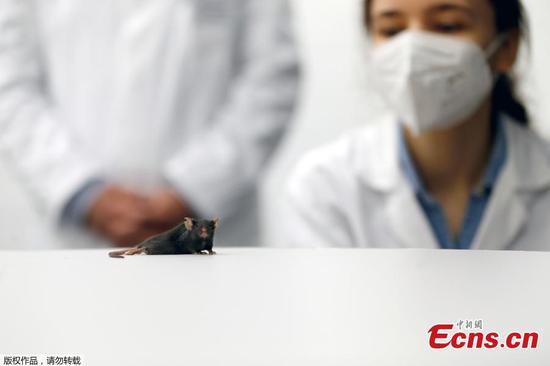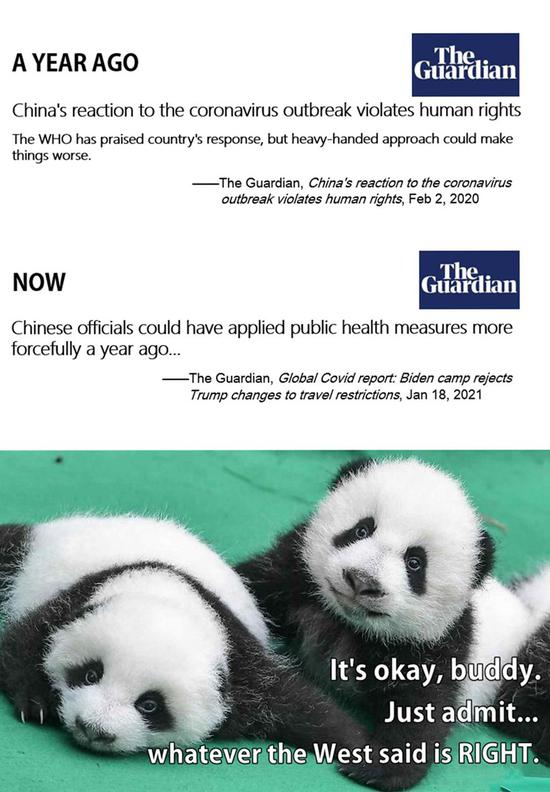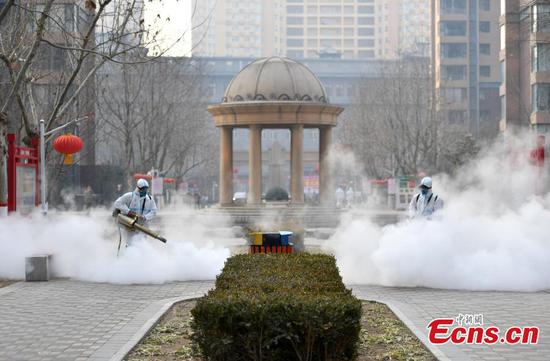Study so far has proved that the current vaccines remained effective against the variants of the COVID-19, which already infected over 100 million people worldwide, Case Western Reserve University's (CWRU) news portal The Daily on Wednesday quoted an expert as saying.
"Unfortunately, several recent mutations appear to have been beneficial to the virus by increasing its ability to infect us at lower exposures. Fortunately, the vaccine companies have been studying these variants closely and there is no indication yet that these new variants can escape the current vaccines," said Mark Cameron, who has been conducting COVID-19 and other infectious disease research as associate professor at Department of Population and Quantitative Health Sciences, CWRU School of Medicine.
In fact, prime vaccine maker Moderna just released data on Monday showing that blood from those who had received the vaccine could still completely neutralize the UK variant known as B.1.1.7, according to Cameron, who was part of the rapid-response research team when the SARS (Severe Acute Respiratory Syndrome) outbreak hit Toronto in the early 2000s.
"While there was some loss of neutralization power against the variant identified in South Africa (B.1.351), vaccine recipients could still fend it off," he said. "Of course, more work is being done to understand the extent and duration of immunity."
As to the concern that the new variants may be more dangerous because they could be transmitted more easily or cause greater damage after infection, the associate professor said that "we don't know for sure yet."
"It could just be that the new variants are regaining access to our most vulnerable because of significantly increased transmissibility. Even so, personal precautions are as critical as ever in avoiding spread of infection, as well as quick ramp up of the vaccine's rollout," he added.
Meanwhile, he noted that the pharmaceutical companies were upgrading vaccines to cover the new variants, saying that "the vaccines contain a message that our cells read to make a version of the SARS-CoV-2 spike protein that tells our immune system how to respond later."
"If COVID-19's spike protein message changes in the wild, it's easy to change this same message in the vaccine to match new variants if necessary," he added.
As of Wednesday afternoon, the Center for Systems Science and Engineering at Johns Hopkins University reported over 100 million COVID-19 infections and more than 2,100,000 coronavirus deaths all over the world.














